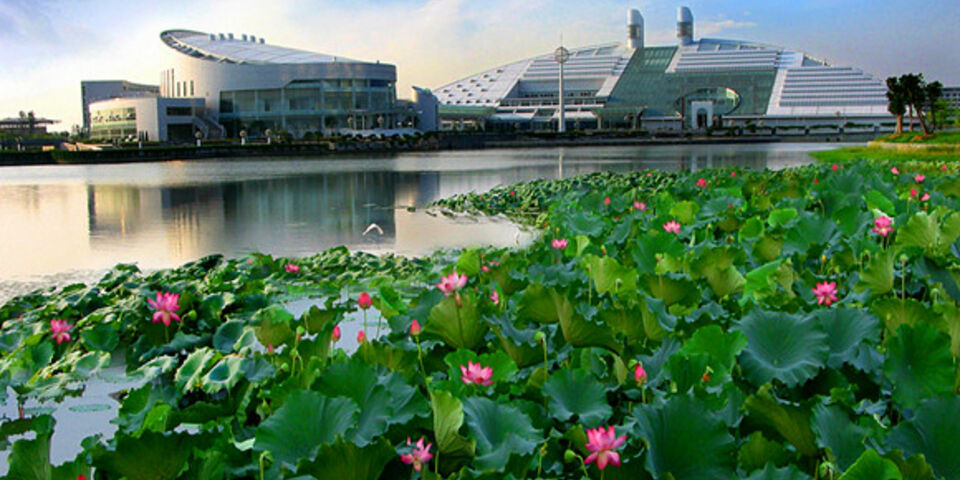Zhejiang University and ID start combined Master's program
September will see the first Chinese student start what is known as the ‘1+2 Program’ at the Department of Industrial Design (ID). Prior to starting the Eindhoven Master's, he will already have completed the first year of a Chinese ID Master's. To add to this program's appeal to talented Chinese students, no tuition fee is payable for the second 'Eindhoven' year, which will be delivered in China.
Jun Hu is associate professor at the TU/e's Department of Industrial Design, where he is also the mandated coordinator of matters relating to China. The 1+2 Program is his brainchild. Hu believes it combines the strengths of Eindhoven's ID program with those of the program in Zhejiang.
“In Eindhoven we are good at conceptual thinking and design; looking closely at a target group and a problem and coming up with a solution. But it is hard work getting a prototype production-ready, let alone bringing a product to market.”
By contrast, believes Hu, possibilities for doing this, and the expertise this requires are available in China. “Over there, parts or components needed for a prototype can be ordered online, and they will be delivered within two days. It takes a whole lot longer in the Netherlands. When you finally get to the stage of wanting to produce something, in China you set up a meeting with one manufacturer and that party arranges for it to be made with his or her suppliers. In the Netherlands the manufacturing industry has all but disappeared.”
The first Chinese student will be starting at ID in September. This academic year he has been taking the first year of the Chinese's Master's in Industrial Design taught at Zhejiang University. “During this time he has been able to brush up his knowledge such that he can easily join the first year of the Master's delivered by TU/e,” explains Hu. “Over the past year he has also been able to bring his English up to scratch.”
Hu says that ID Dean Aarnout Brombacher and the Departmental Board have contributed substantially to the creation of this new program, and they support it wholeheartedly. In spring 2017 he expects more candidates from Zhejiang to join the program.
Taking on the competition
Ultimately, ten students per year can be accommodated. “Otherwise it will be too expensive to deliver," says Hu, "because they won't be paying a tuition fee for the second Eindhoven-taught Master's year. This is our way of making the program attractive to students, and taking on the competition from other renowned international institutes that are also looking for Chinese talent.”
Incidentally, for that second Master's year the program's students will return to China, but they will be supervised closely by the department in Eindhoven. "Lecturers from Eindhoven will also go over to China, to give workshops for example," tells Hu. Once the first Master's student has graduated, he will receive two separate degrees: one from TU/e and one from Zhejiang University.


Discussion